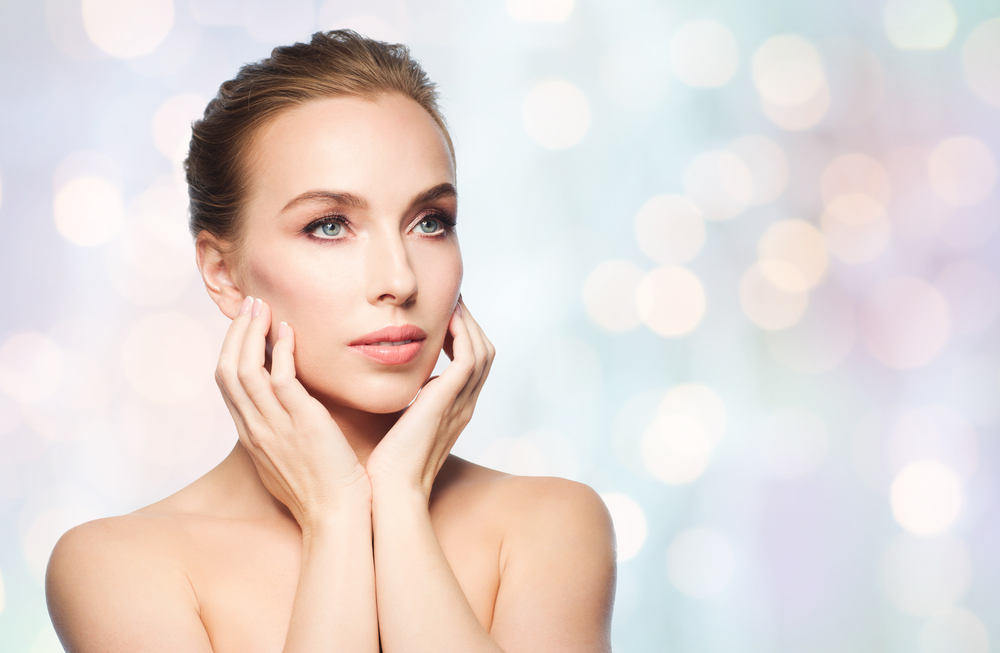
Do you suspect that you have rosacea? If so, you will not need any medical tests since no test can tell whether you have this condition. To diagnose it, your dermatologist will examine your eyes and skin and ask several questions. They may want to rule out other medical conditions before giving you a diagnosis. Medical tests can help rule out an allergic skin reaction, lupus, and other conditions.
What Is Rosacea?
Rosacea is a chronic skin condition that affects the face. Typical symptoms include redness, flushing, and the appearance of small, red bumps on the skin. It is most common in people with fair skin, but it can affect people of all skin types. It is easy to mistake rosacea for acne or an allergic reaction. However, it is a different condition with unique causes and treatment options.
Causes
The exact cause of rosacea is unknown, but medical professionals think a combination of genetic, environmental, and behavioral factors plays a role. Some possible triggers for rosacea flare-ups include the following:
Sun exposure.
Emotional stress.
Hot drinks.
Spicy foods.
Alcohol.
Certain medications.
People with rosacea may also be more sensitive to specific skin care products and ingredients, such as fragrances and alcohol.
Subtypes of Rosacea
Erythematotelangiectatic: Symptoms characterizing this subtype include redness and flushing, with visible blood vessels on the skin.
Papulopustular: Symptoms of this subtype include redness and swelling and the presence of small, red bumps possibly filled with pus.
Phymatous: Symptoms of this subtype include thick, bumpy skin, especially around the nose. It can also cause the nose to appear swollen or misshapen.
Ocular: This subtype affects the eyes and leads to red, watery eyes and small bumps on the eyelids.
Treatment
There is no cure for rosacea, but it is manageable with lifestyle changes and medical treatment. The main treatment goals are to reduce redness and inflammation and prevent flare-ups.
Oral Medications
These may be necessary in more severe cases of rosacea. They may include antibiotics, such as tetracycline, or medications that target specific inflammatory pathways in the skin. Oral medications can help reduce redness and inflammation and may also help prevent flare-ups.
Topical Medications
Topical treatments applied directly to the skin are the most common treatment for rosacea. These can include prescription or OTC products containing ingredients like metronidazole, azelaic acid, or brimonidine. These medications can help reduce redness and inflammation and may also help prevent flare-ups.
Lifestyle Changes
Making changes to your lifestyle can help manage rosacea. Lifestyle changes may include avoiding triggers that cause flare-ups, such as hot drinks, spicy foods, and alcohol. Wearing sunscreen and protective clothing can help protect the skin from the sun, which can worsen rosacea. It is best to use gentle, fragrance-free skin care products and avoid harsh, irritating ingredients.
Laser and Light Therapy
These treatments target the blood vessels in the skin that cause redness and inflammation. They can effectively reduce redness and improve the skin's appearance. However, they may require multiple treatments to achieve the desired results.
Conclusion
It is best to work with a dermatologist to determine the best treatment plan for your specific case of rosacea. The treatment plan will depend on the severity of your symptoms and your subtype of rosacea. With the right interventions, it is possible to manage rosacea and achieve clear, healthy skin.
For more on rosacea, visit Perceptions Medical Aesthetics at our office in Southport, North Carolina. Call (910) 454-9226 to request an appointment today.












